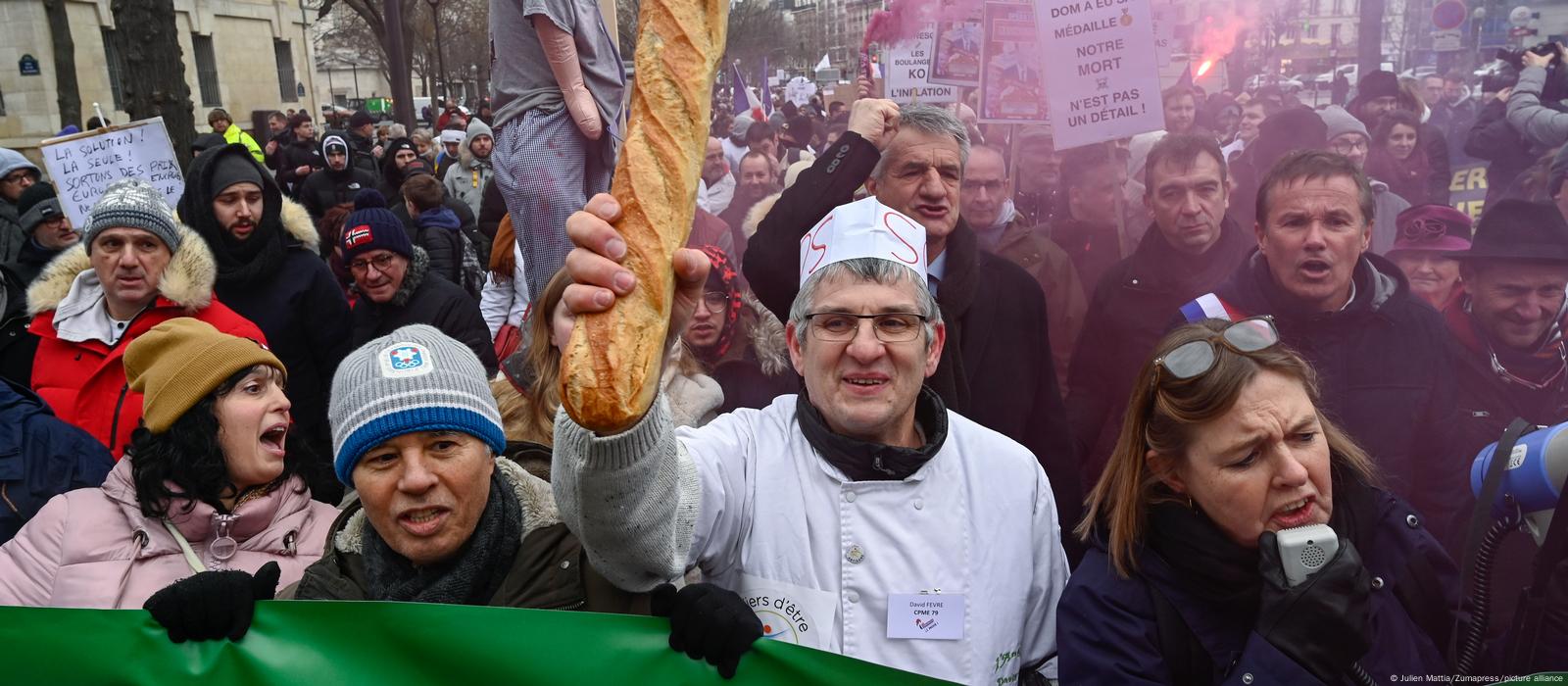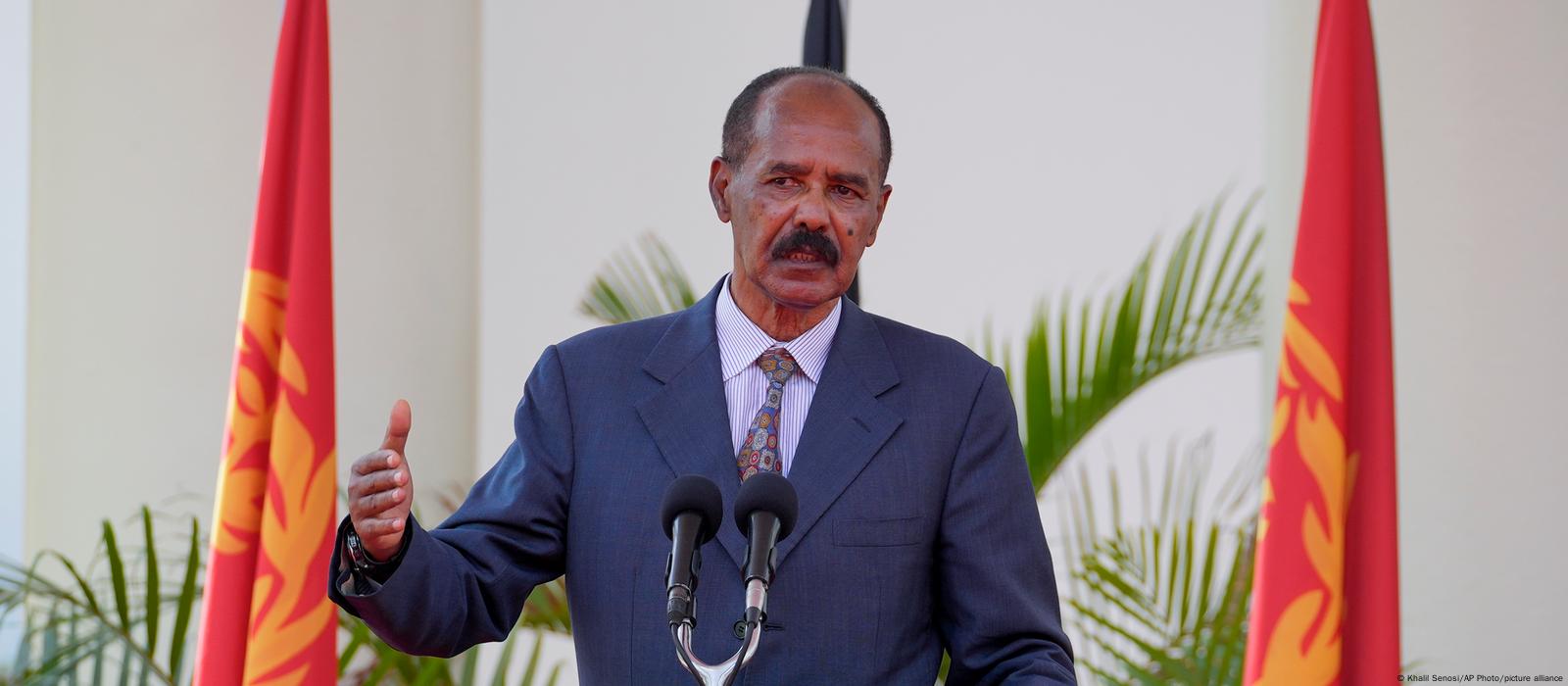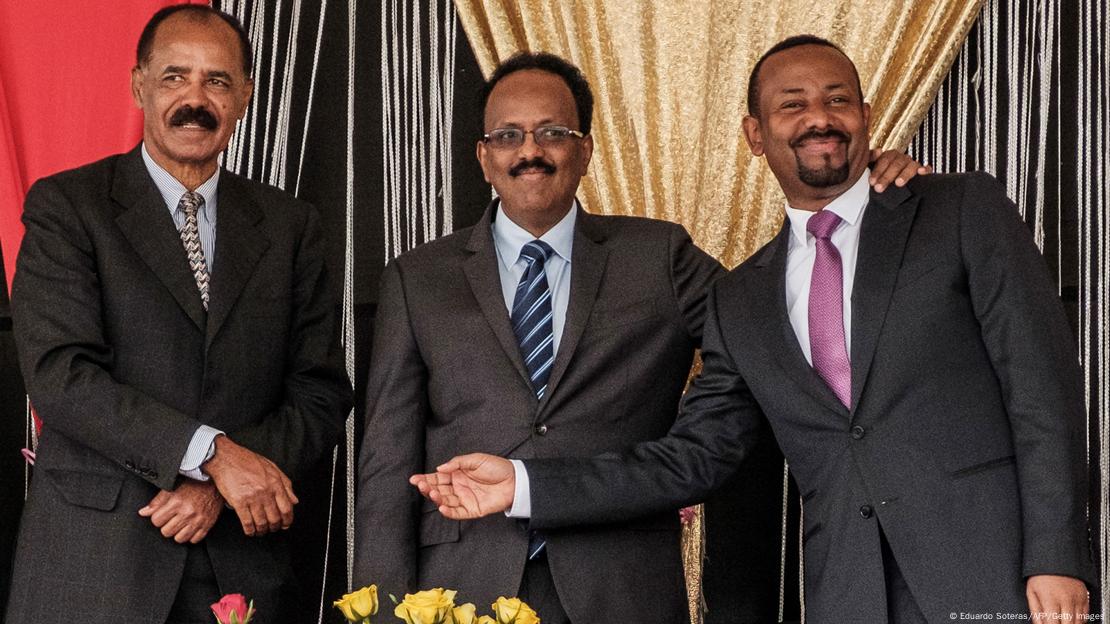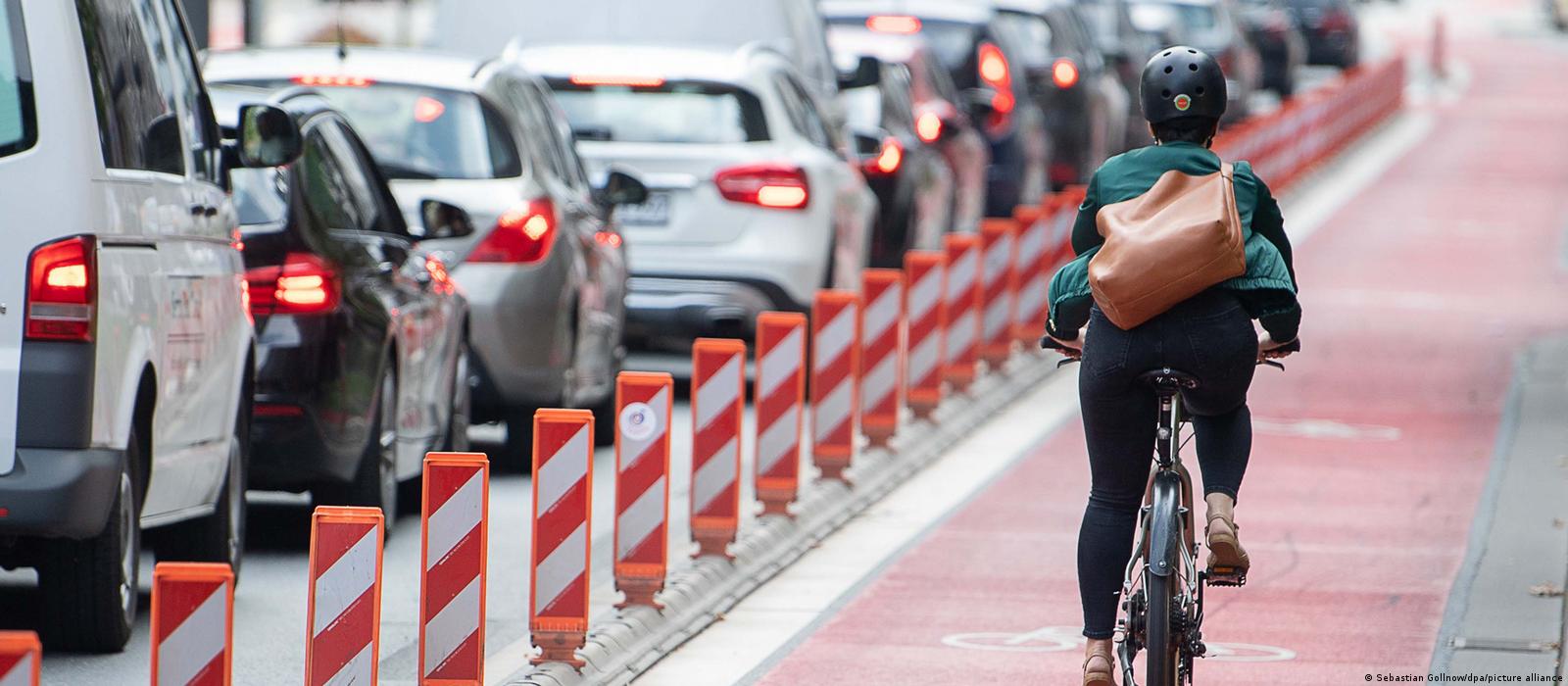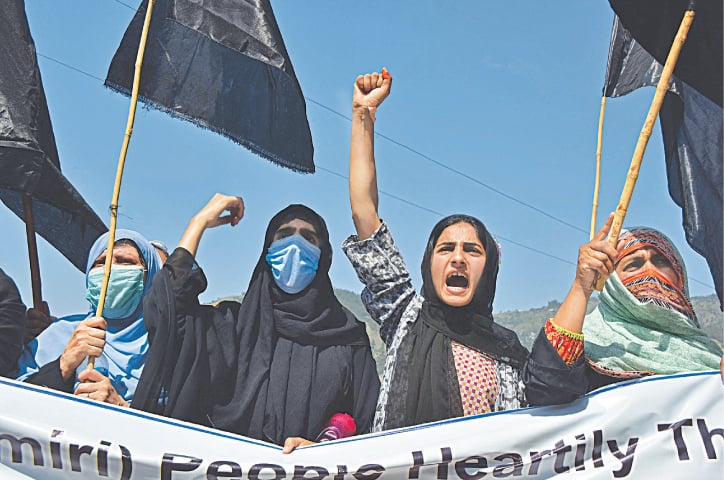ENGELS WEEPS
German SPD struggling as they celebrate 160 years
Sabine Kinkartz
May 23, 2023
Germany's oldest political party leads its coalition government and occupies the chancellor's office with Olaf Scholz. So why are the Social Democrats not celebrating as they mark 160 years? DW explains.
https://p.dw.com/p/4RhK4
There are precious few opportunities to celebrate at the Berlin headquarters of the Social Democrats (SPD) these days, so one would think its 160th birthday, being celebrated for three days this week, would be treasured all the more.
Even what victories there have been double-edged. "It is a wonderful evening for us tonight. We are incredibly proud of the SPD in Bremen," the party's General Secretary Kevin Kühnert enthused, after the SPD won local elections in the northern German city state on May 14.
That win was not a given. Bremen's SPD Mayor Andreas Bovenschulte rounded off his election campaign with something that sounded like a musical plea for loyalty, singing his own rendition of the 1960s Ben E. King classic "Stand by Me." SPD co-chair Lars Klingbeil, who traveled from Berlin in support, accompanied him on the guitar. In the end, the SPD won, but with only 29.8% of the vote — its second-worst result in Bremen in more than 70 years.
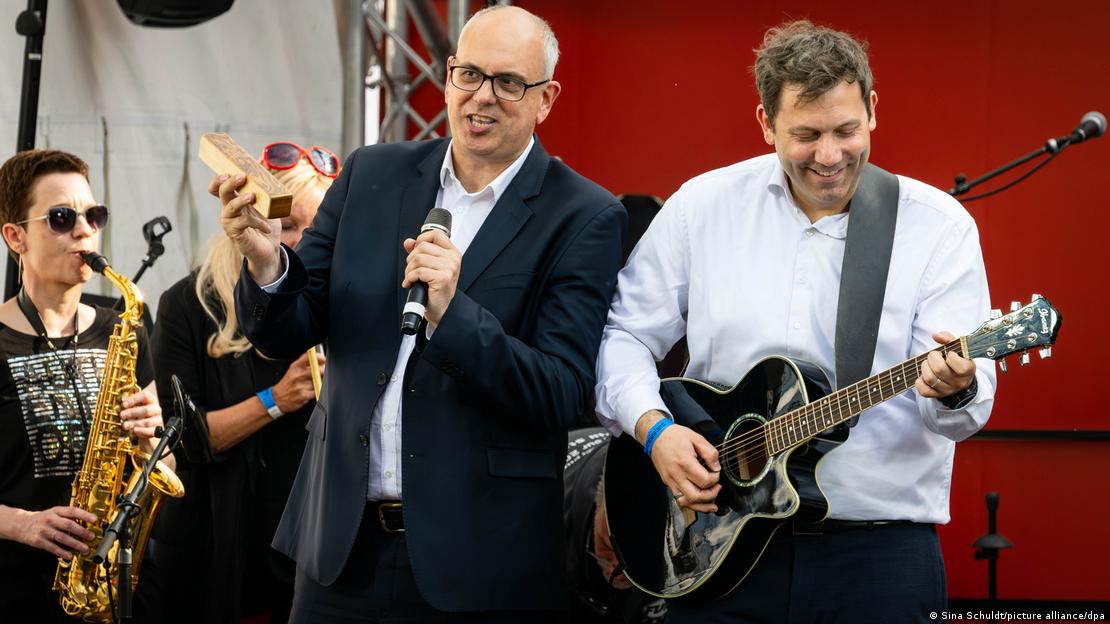
Berlin Mayor Andreas Bovenschulte got the voters of Bremen to stand by him, perhaps thanks to the help of party leader Lars Klingbeil on guitar
Sina Schuldt/picture alliance/dpa
Chancellor's party sinking in the polls
Back at headquarters in Berlin, the party is trying to learn what had happened in Bremen. The party wanted to get a clear picture of how the victory came about, Kühnert said.
As things stand, the SPD can only dream of such a high result at national level, where the party is competing with the Greens and the far-right Alternative for Germany (AfD) for second place at around 17% to 19%, behind the opposition conservative alliance led by the Christian Democratic Union (CDU) at more than 30%. Never in the history of post-war Germany has a chancellor's party had such low approval ratings.
There is a suspicion that Olaf Scholz and the SPD only won the federal election in September 2021 because the CDU's candidate for chancellor, Armin Laschet, was too weak and made too many gaffes on the campaign trail.
Short-lived honeymoon
A look at the polls from the election year and afterwards shows that the Social Democrats experienced an enormous boost in support before the election. They went from polling 16% in July 2021 to almost 26% in that September's election. The honeymoon lasted until early 2022, and the party's poll numbers have been dropping ever since. That is bitter for the SPD, not least because German political analysts define a major party as one that can rely on at least 20% of the votes.
Is what the SPD once celebrated as the "comeback of social democracy" already dead? Party membership is declining, including in the main cites where the SPD used to have a lot of support. The latest example: In the city-state of Berlin, the CDU is now occupying the city hall after 22 years of a Social Democrat government.
The situation looks particularly appalling in eastern Germany. In the states of Saxony and Saxony-Anhalt, the SPD's approval ratings are in the single digits.
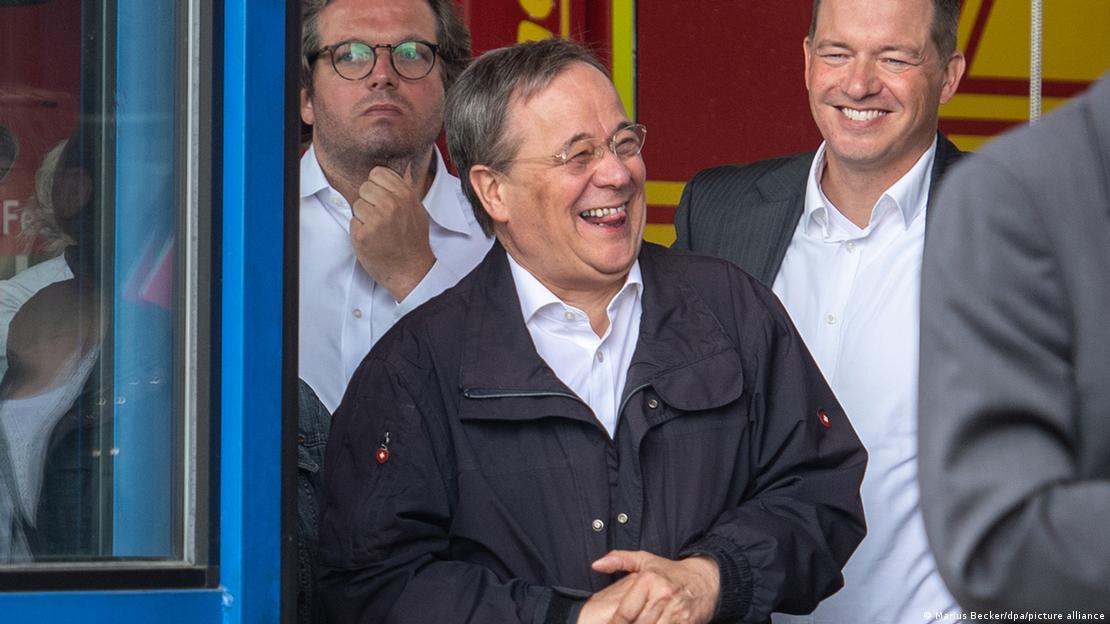
The CDU was hampered by Armin Laschet's gaffe-riddled chancellor candidacy
Marius Becker/dpa/picture alliance
A return to social issues
The 160th birthday of the SPD comes amidst this period of low morale. The oldest still-existing political party in Germany is in the middle of three days of celebrations, with speeches, exhibitions, and awards ceremonies. It is a welcome opportunity for the party to take a breath and reenergize – as well as an occasion to become more visible within the governing coalition. The motto of the celebrations in Willy Brandt House, the SPD Berlin headquarters named for its party's first post-WWII chancellor, is "progress needs justice."
Tackling social issues is still seen as the SPD's core competency, but one year into its new term in government the war in Ukraine and its consequences have taken precedence. Scholz is being kept busy with foreign policy, the SPD interior minister with migration, and the SPD labor minister is grappling with a shortage of both specialist and blue-collar workers. There is no longer any talk of the SPD's election promise to build 400,000 homes per year, because of inflation and the tense situation in the construction sector.
Coalition infighting
In the media, the SPD seems rather pale in the governing coalition it is leading alongside the business-oriented Free Democrats (FDP) and environmentalist Greens. Headlines are dominated by the quarrel between the FDP and the Greens over climate protection. Many people are afraid of Germany's phasing out of oil and gas heating from 2024, which is being pushed for by the Greens, driving voters toward the opposition.
The cost of living has already risen drastically because of inflation, and people without money to spare are finding it increasingly difficult to make ends meet. The SPD now apparently wants to put brakes on the energy act for buildings, creating another rift in the coalition. Climate protection is important, the SPD says, but the cost cannot overwhelm people. It must be repaired; solutions must be "technically feasible and socially acceptable," as Labor Minister Hubertus Heil put it.
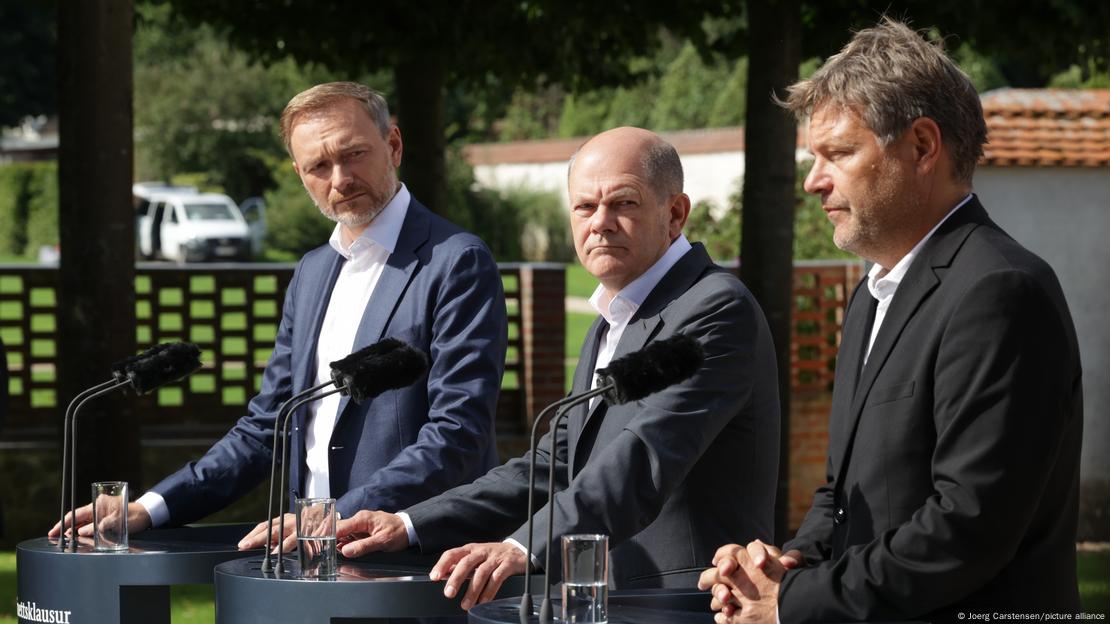
Olaf Scholz's government has been struggling with infighting as polling for all three parties stagnate
Joerg Carstensen/picture alliance
Rumblings of discontent
If the SPD wants to raise its profile in the coalition, that could lead to even more tension, and voters are rarely impressed by government infighting. This must be causing concern at SPD headquarters. Throughout the party's history, poor performance has often led to intra-party disputes, followed by self-flagellation. This can bring down even SPD leaders that the party loved.
And there are signs that dissatisfaction within the SPD is growing. Rumors are swirling mostly in the left-wing faction of the party, which has always been pugnacious. In 2019, the party's left wing prevented Olaf Scholz, who sits the more conservative end of the social democratic spectrum, from becoming party chair. Since Scholz became chancellor, the left wing has remained silent for the sake of party unity.
A personality for politics?
Though Scholz was never especially popular in the SPD, he remains respected and appreciated as chancellor for now. That goodwill, however, remains dependent on success. The party will back him only as long as he can deliver.
In this situation, it could be helpful to take a closer look at the SPD's election victory in Bremen. The city state was won over by a Social Democrat with a down-to-earth attitude, approachability, and popularity. The personality factor has become increasingly important in German elections – that was demonstrated in other state ballots in recent years. But Olaf Scholz has little to offer on this front: He often seems aloof and is perceived as unemotional and unapproachable. Learning from Bremen could prove difficult after all.




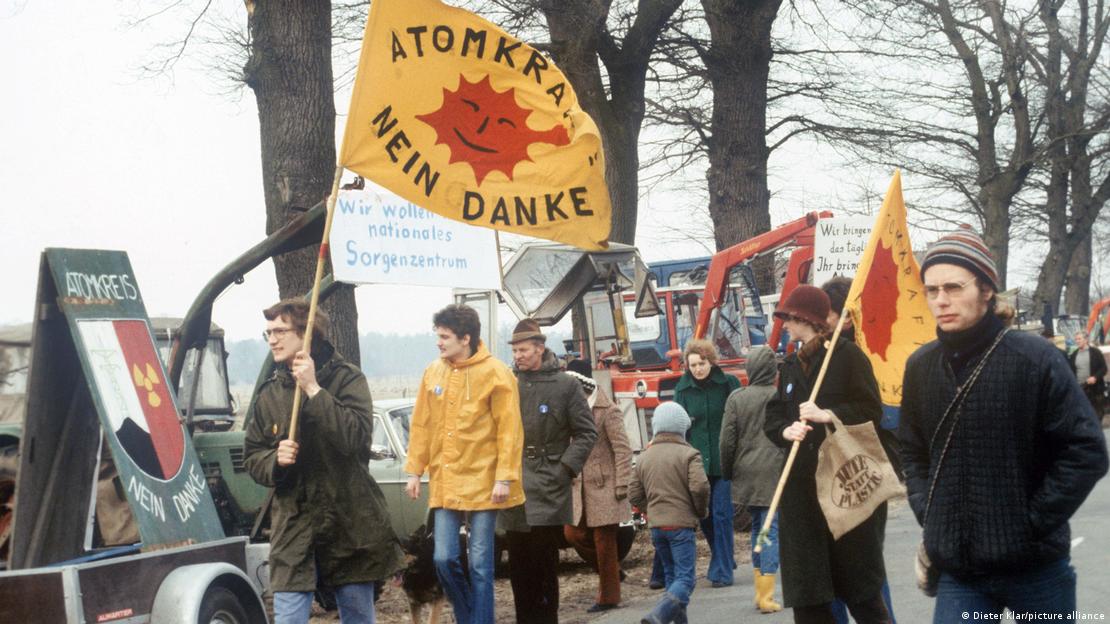 The German anti-nuclear movement gained momentum in the 1970s and '80sImage: Dieter Klar/picture alliance
The German anti-nuclear movement gained momentum in the 1970s and '80sImage: Dieter Klar/picture alliance





